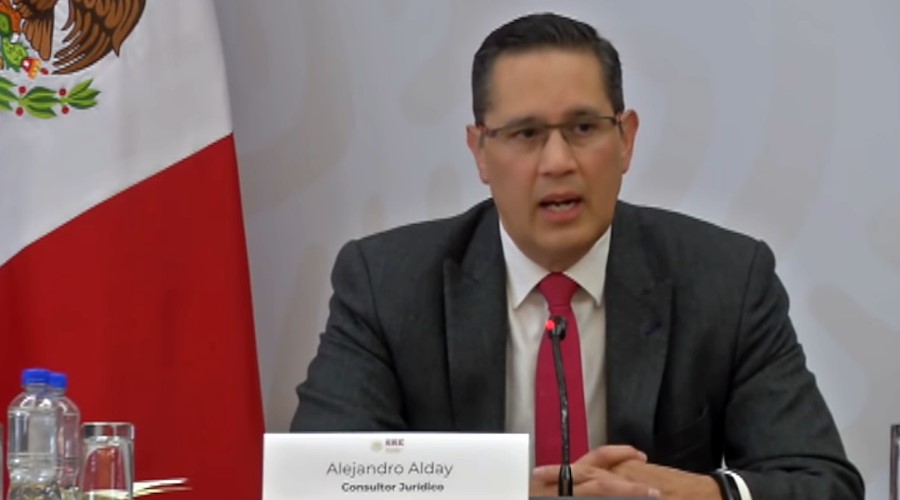In the Work Commission of the Permanent Commission (Foreign Relations, National Defense, and Public Education) in the Chamber of Deputies, legislators ratified the appointment of Alejandro Alday Gonzalez as Extraordinary and Plenipotentiary Ambassador to the Kingdom of Sweden, concurrently accredited to Latvia and Lithuania.
The career diplomat and international lawyer identified electromobility as an important agenda point for collaboration with Sweden.
“For me, electromobility is crucial because in Sweden, like in other Nordic countries, there is an entire ecosystem that allows the majority of the population to acquire electric vehicles,” Alday indicates.
He refers to the Swedish tax incentives, price reductions, and services generated around electric mobility.
He also states that although Sweden has a smaller population compared to Mexico, there is a common goal: “to create a favorable ecosystem for electromobility.”
“There is an opportunity to work on this agenda because Mexico is attractive in terms of green hydrogen. Europe looks to Mexico for this reason,” the lawyer expresses.
He adds, “We need to connect the dots between needs and offerings in a two-way process to generate practicality and knowledge because both countries have international obligations in this field. We need to approach them successfully.”
His presentation also includes developments in the sector within Mexico, such as the establishment of Tesla’s electric vehicle factory.
He also mentions progress in the electrification of routes. In this regard, the Ministry of Foreign Affairs is working on a roadmap for electrifying transportation.
In the initial meetings held to implement the roadmap, the focus has been on charging infrastructure.
The appointed diplomat emphasizes the need to create an ecosystem not only through legislation but also through education and fiscal incentives.
Furthermore, he highlights the advancements of electric mobility in Sweden and its impact on the Mexican market.
“They produce many electric vehicles. They manufacture electric buses. Volvo sells buses in Mexico, many of which are electric. They sell trucks for construction, some of which are hybrid,” Alday states.
Where does Sweden stand in terms of electric mobility?
According to a report by the Economic and Commercial Office of the Embassy of Spain in Stockholm, the Swedish government aims to “lead” the path to zero-emission mobility.
To achieve this, they have set a national target of having a fossil-free vehicle fleet by 2045.
It has been established that by 2030, 80% of new registrations will correspond to rechargeable vehicles (plug-in hybrids and pure electric vehicles).
“All projections indicate that Sweden will have over one million rechargeable vehicles by 2025 and 2.5 million rechargeable vehicles by 2030,” the document states.
In the heavy-duty segment, in 2021, the share of new registrations for light electric trucks reached 7.5%, and for electric buses, it was 24.6%.
By the end of 2021, Sweden had 5,691,566 light-duty vehicles in circulation, of which 299,675 were rechargeable electric vehicles, representing approximately 6% of the total Swedish fleet.
“Although limited, the market share of rechargeable vehicles in Sweden is among the highest worldwide,” considers the study conducted by analyst Marina Alfonsín Espín.
It further states, “The country has one of the highest per capita ratios of electric cars globally, and in 2021, it accounted for 3% of global revenue in the electric vehicle market.”






